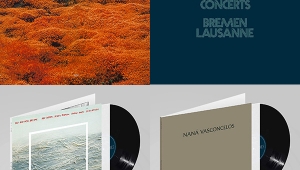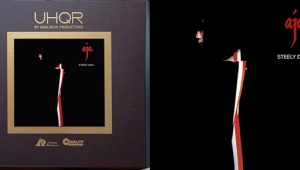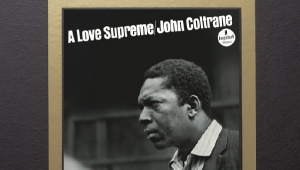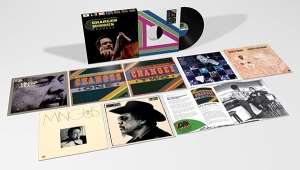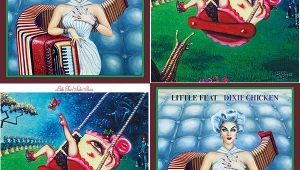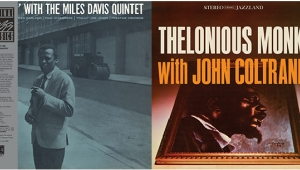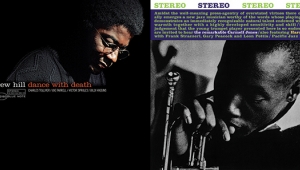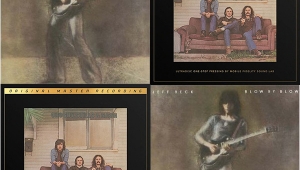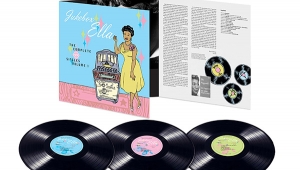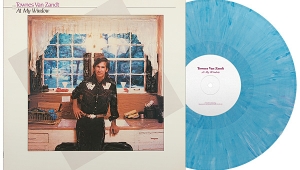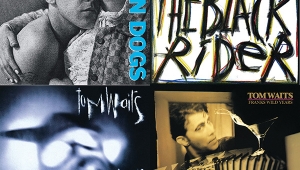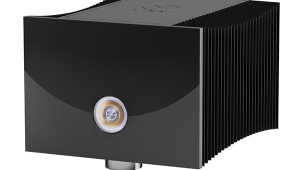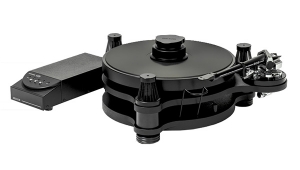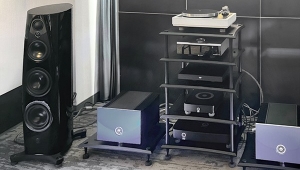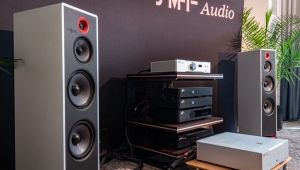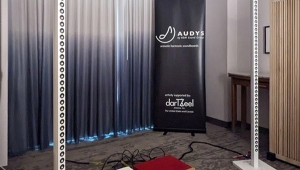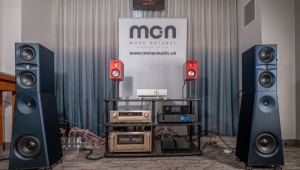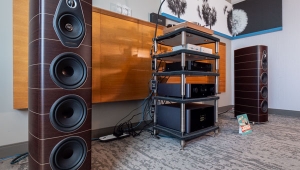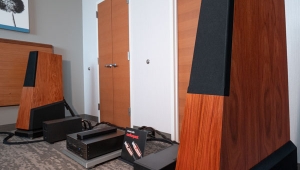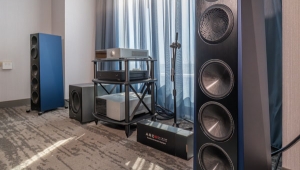| Columns Retired Columns & Blogs |
The Jazz Dispensary records were released by VMP last yea, they are really engaging and sound good. Blackstone legacy is one of the great albums of Jazz - powerful, intense, almost overwhelming. Fabulous mastering and presentation.
I have one complaint, though: virtually every US review of an ECM release or reissue is presaged by a comment like “some may dislike…” some people dislike Avant Guard jazz - but such addendums are never added. I find these comments to be a bit chauvinistic because the label is European. ECM is spectacularly popular and Manfred Eicher has released dozens if not hundreds of classic titles. The Jarrett. Kenny Wheeler, Dave Holland sides are just the tip of the iceberg. Virtually every release sounds audiophile. You don’t have to look for some superstar mastering engineer when you buy the vinyl releases: they all sound great.





